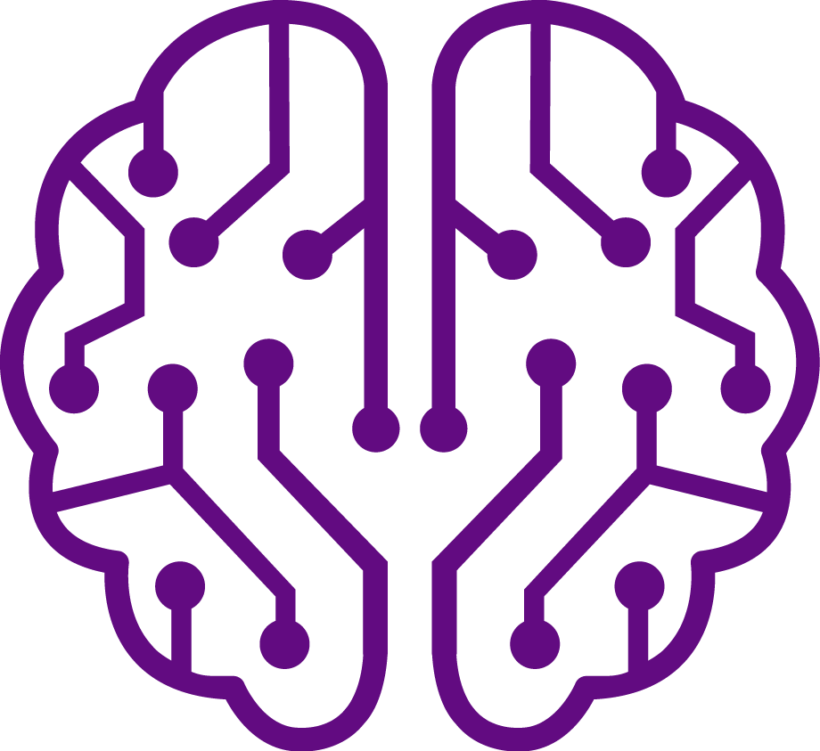Benötigte Lesezeit: 4 Minuten
Today’s guest is one of the three co-creators of Chirp – Viktoria Prantauer. Viktoria is the CMO of the Hippo AI Foundation, a non-profit organization, which drives the development of artificial intelligence for the diagnosis of diseases. She is also a young cancer surviver.
I picked three questions and their answers from the podcast to give you a glimpse on her story. Hear the full episode on Spotify.
Viktoria, if your professional life until today would be a movie (or a song) – which title would it have? Why?
I think the perfect title would be „Transformers“. It’s literally because I’ve transformed my career constantly. In the last 15 years, I changed industries quite a few times: from finance to real estate, sharing economy, travel, and now to digital health. So that’s the first perspective.
And the other thing is that „Transformers“ is about robot aliens, right? This constant change leads sometimes to really an alienated feeling, I would say. Because I somehow felt – today its different – but I often felt like I don’t really belong. I thought everyone else knows exactly where he or she belongs. And everyone else is an expert, and I constantly start new. So, these are things Transformers do and I think it’s a really good title for my life so far.
A unique fact about your career is that your personal life (health) and your professional life “merged” at one point. How did your personal story influence your career?
When I got the (cancer) diagnosis, knew immediately: This would change everything. I mean, my perspective on life and technology turned upside down within a few minutes, or within the moment maybe. This diagnose forced me to stop. And if I have to describe the first days after the shocking news, I would say I felt like the world around me keeps turning and everything was as usual and everything happened with high pace. But my world and my family’s world, it just stopped turning, We didn’t know what will happen and we didn’t even know if there is a future. And this was, well, more than frightening. It paralyzed me.
But on the other hand, it gave me the opportunity to take a closer look on the world around, and the environment around me and my own life. And I think, under normal circumstances, capitalism has taught us to keep going, to keep producing to keep working. Even if we’re suffering, even if the world is on fire, even if people around us are suffering. And in that moment, I recognized that I really refused that.
I refused that and I refuse that technology is out there, which can diagnose cancer faster and more accurate. But it’s not accessible equally. Some of us have access and others don’t. And I asked myself: Why is this the case? I mean, everyone should have the right to be healthy, right? And I came to the conclusion for me that the reason for this dilemma is that, well, in the end profit and growth are our main drivers. Don’t get me wrong, I spent all my professional time in the economy. So I think that’s a fantastic thing. But – I want to quote here Edward Abbey: Growth for the sake of growth is the ideology of the cancer cell.‘ That’s what he said.
If I take a step back and take a closer look, then this really feels like our systems cancer. And that’s when I just thought, there has to be a way to bring the needs of society, economy, and technology in a better balance and maximize the benefit for the people. So, yeah, you see. I recognized immediately that I can’t go on like that.
What would be your advice to someone who are concerned that their disease, or weakness, is hurting their career?
Like why are we all following this image of the ideal employee? There is not much humanity in that ideal employee description. And I think the tech industry is not the only one. I’m sensing this from a lot of areas. For example from social workers. We just have to think about the COVID situation in hospitals, and they have to go on and perform. So I think it’s not just the tech industry. This is our current mindset. There are people out there who are challenging the status quo. And also, that’s what this podcast is for.
I have a very radical opinion on that. I just can talk about myself, you know. But if this company has a problem with that, then it’s simply the wrong company.
So, my advice is to look for a company, which matches your values. And as I said, the companies are out there. I know they’re not that easy to find but they are out there. And, I mean, I know it’s not that easy, you can’t just quit your job. But to be honest, for me, it just would not be possible anymore to work for a company, that has not a human side as well. So it would just not be possible. I can’t do it.
I guess the problem is that it is really a change in the mindset. It’s a mindset change that takes time. My hope is, that people will understand and value what it means to go through such an experience. This makes you extremely resilient. Your personality grows exponentially, I would say. So, we have a completely wrong perspective on what it means being a patient. My advice is, definitely don’t hide it. Show that you were able to manage the situation. I mean it’s life changing. And it can be the toughest time of your life. But you were able to go through it.



